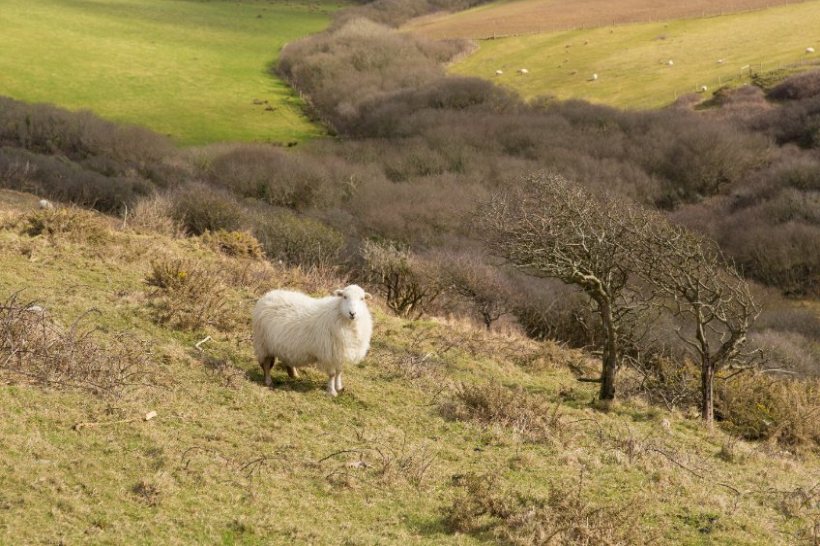
Farmers can boost incomes if they are paid to restore habitats on lowest grade agricultural land, according to a new report by Green Alliance.
Using existing budget to restore poorest quality land would also support rural communities, increase bird populations by 50% and slash emissions, the thinktank says.
Its new report 'Land of opportunity' finds that the least productive 10% of land in England produces only around 0.5% of the food consumed.
Supporting farmers to restore natural habitats on low grade land would increase bird populations by almost 50% by 2050 and also boost incomes by 20%.
But this would require the government to fulfil existing promises around nature restoration rather than provide additional funding, Green Alliance explains.
Government should allocate under a third of the existing £2.4bn rural payments budget to restoring native woodland, peatland and heath on land that produces the least food.
Despite publishing plans in 2021 to allocate a third of the farming budget to its Landscape Recovery scheme, government has so far made only 2% of the budget available via pilots.
These have proved popular, with over three times more applicants than the government has said it will fund.
In the short term, allocating £600m to recovering 10% of the English landscape would provide those farming the most unproductive land with an opportunity to establish more stable incomes, the report says.
And in the longer term, Green Alliance explains it would provide over half the carbon savings needed from agriculture and land use by 2035.
James Elliott, senior policy adviser at the thinktank said: “There are now fears we will return to a climate destructive EU-style system or ignite a race to the bottom where farmers and the environment both lose.
“This is about making sure we use the least productive land in the best way - boosting farmer incomes while restoring nature and starting to tackle the increasingly destructive effects of climate change.”
Farmers are currently facing an unprecedented mix of challenges: record temperatures and the driest July in England since 1935, soaring costs and new trade deals projected to undercut domestic production.
The government is also set to withdraw the Basic Payment Scheme while delaying the roll out of new farming reforms, leaving many farmers facing a financial loss.
Tom Lancaster, head of farming at Green Alliance, said the new report showed the vital role farmers played in achieving food production, climate change mitigation and space for nature.
"We need space for nature, climate change mitigation and adaptation, and food and timber production," he said.
“[Farmers] need better support to tackle the nature and climate crises, whilst providing the food we need now, and in the future.”
